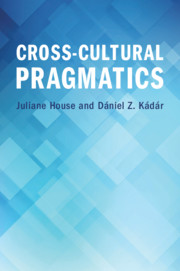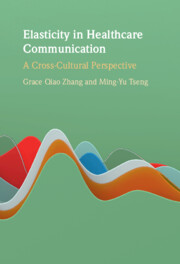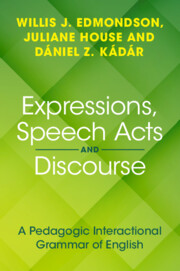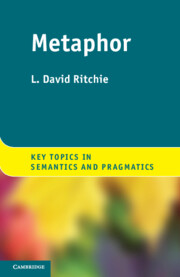Cross-Cultural Pragmatics
This book provides a cutting-edge introduction to cross-cultural pragmatics, a field encompassing the study of language use across linguacultures. Cross-Cultural Pragmatics is relevant for a variety of fields, such as pragmatics, applied linguistics, language learning and teaching, translation, intercultural communication and sociolinguistics. Written by two leading scholars in the field, this book offers an accessible overview of cross-cultural pragmatics, by providing insights into the theory and practice of systematically comparing language use in different cultural contexts. The authors provide a ground-breaking, language-anchored, strictly empirical and replicable framework applicable for the study of different datatypes and situations. The framework is illustrated with case studies drawn from a variety of linguacultures, such as English, Chinese, Japanese and German. In these case studies, the reader is provided with contrastive analyses of language use in important contexts such as globalised business, politics and classrooms. This book is essential reading for both academics and students.
- Introduces cross-cultural pragmatics in an engaging and accessible way
- Provides an innovative cross-disciplinary research model, relevant for both academics and students
- Offers a rigorous corpus-based and empirically-derived framework, illustrated with a variety of case studies drawn from different linguacultures such as Chinese, English and German
Product details
September 2021Paperback
9781108949545
280 pages
228 × 150 × 16 mm
0.45kg
Available
Table of Contents
- 1. Introduction
- Part 1. The Basics:
- 2. Background
- 3. How is pragmatic contrasting possible?
- 4. The nature of cross-cultural pragmatic data and their analysis
- 5. Politeness
- Part II. The Framework:
- 6. Analytic framework
- 7. Expressions
- 8. Speech acts
- 9. Discourse
- Part III. Applying the Framework:
- 10. Ritual frame indicating expressions in cross-cultural pragmatic research 1 – an applied linguistic case study of learners of English and Chinese
- 11. Ritual frame indicating expressions in cross-cultural pragmatic research 2 – the use of T/V pronouns in IKEA catalogues across linguacultures in the globalised economy
- 12. Speech acts in cross-cultural pragmatic research – a case study of historical letter closings
- 13. Discourse in cross-cultural pragmatic research – a case study of war crime apologise
- 14. Retrospect and prospect
- Glossary.






